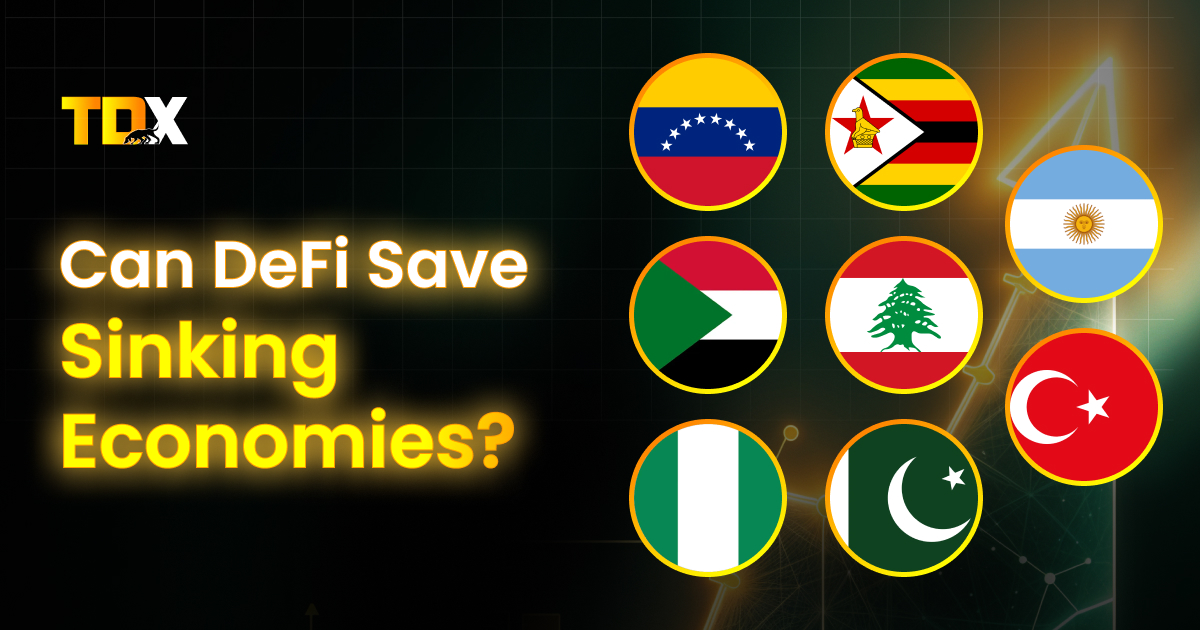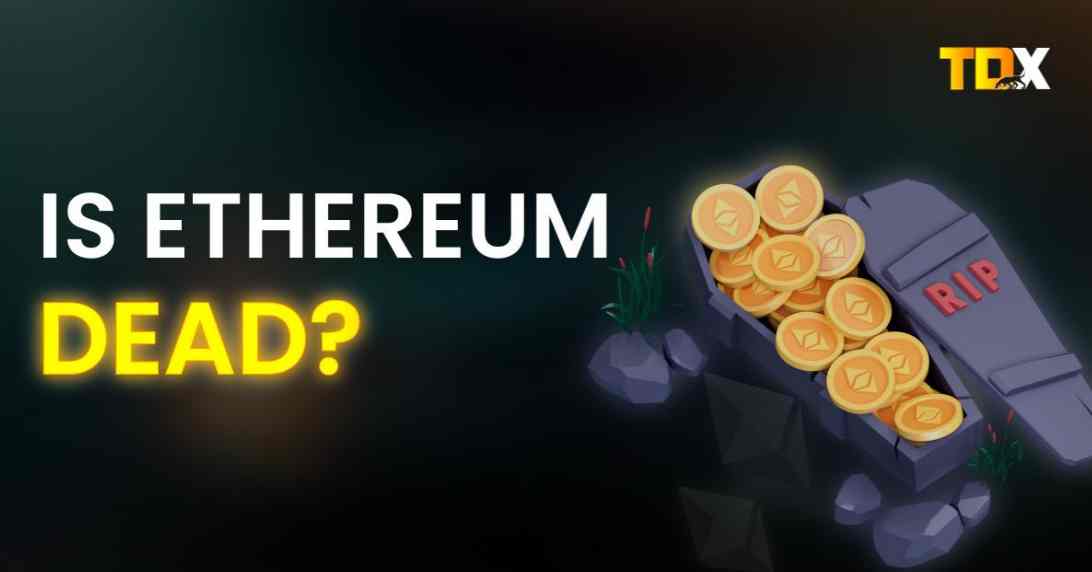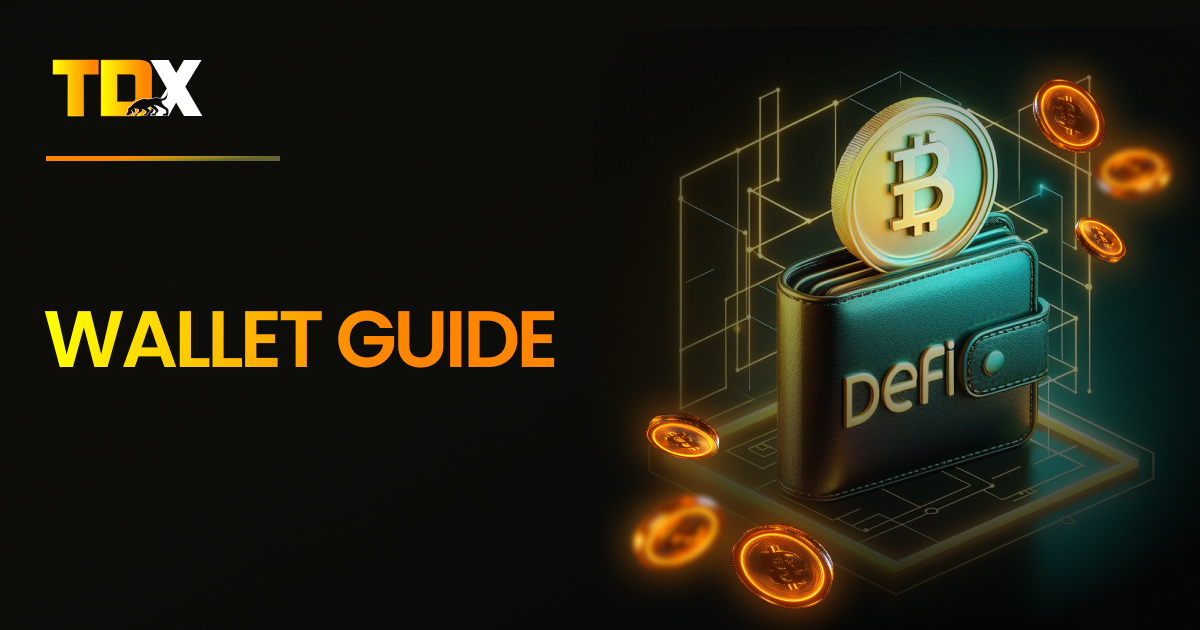 Back to blog
Back to blog


Can DeFi Save Sinking Economies
When Venezuela’s inflation hit 189.8% in 2023 [Central Bank of Venezuela, 2023], Maria’s life savings of 200 million bolivars (enough for a house in 2018) became worthless. Her story is not the only one, as the traditional financial systems are collapsing globally.
People in Zimbabwe were forced to switch to USD for everyday transactions after Zimbabwe’s currency crashed by 680% against USD [Reserve Bank of Zimbabwe, 2023], while citizens in Lebanon lost access to $140 billion in bank deposits [World Bank, 2023].
The transition to decentralized finance (DeFi) was unavoidable when the conventional financial system crashed. Stablecoins were adopted by Argentinians facing an 85% devaluation of the peso and undergoing devalued inflation [Central Bank of Argentina, 2023]. Similarly, Iran’s $1 billion Bitcoin mining industry circumvented SWIFT sanctions imposed on it [Elliptic, 2023].
DeFi has served as a life raft for many Afghan women after their NGOs were banned by the Taliban. According to a [UNDP 2023] report, 93% of operating women’s NGOs in Afghanistan used USDT.
Though the million-dollar question still remains, can the sinking global economy be revived through DeFi?
Let’s find out 🚀
The Crisis in Traditional Economies
Over the past few years, the traditional economies worldwide have faced incredible challenges: soaring inflation, collapsing banks, and desperate capital controls. All these crises are interconnected and often feed off each other, worsening the financial stability.
Inflation Rates (2023-2024)
Owing to factors such as monetary financing, fuel subsidies, currency crises, over-expenditure, and an economy in shambles, it comes as no surprise that inflation is rising at an alarming rate globally.
| Rank | Country | Inflation Rate (2023) | Inflation Rate (2024 Proj.) | Primary Causes | References |
| 1 | Venezuela | 198% | 48% | Monetary financing, economic collapse | [Reuters, 2025] |
| 2 | Zimbabwe | 314% | 280% | Currency instability, drought | [World Bank, 2024] |
| 3 | Argentina | 211% | 250% | Fiscal deficits, monetary expansion | [INDEC, 2023] |
| 4 | Sudan | 340% | 245% | Conflict, food insecurity | [IMF, 2024] |
| 5 | Lebanon | 264% | 190% | Banking collapse, political crisis | [World Bank, 2024] |
| 6 | Turkey | 65% | 45% | Unorthodox monetary policy | [TUIK, 2023] |
| 7 | Nigeria | 28.9% | 32% | Currency crisis, fuel subsidies | [NBS, 2023] |
| 8 | Pakistan | 29.4% | 25% | IMF program, energy prices | [PBS, 2023] |
Table 1: Countries with Highest Inflation Rates (2023–2024 Projected)
Currency Devaluation Crisis (2023-2024)
Many nations’ currencies fell sharply against the US dollar in recent years:
| Country | Currency | 2023 Deval. (%) | 2024 Proj. (%) | Primary Causes | References |
| Lebanon | Lebanese Pound | 89% | 95% | Banking collapse, no FX reserves | [Banque du Liban, 2023] |
| Argentina | Peso | 78% | 85% | Monetized deficits, capital flight | [BCRA, 2023] |
| Nigeria | Naira | 55% | 60% | Multiple exchange rates, dollar shortage | [CBN, 2023] |
| Turkey | Lira | 51% | 45% | Negative real rates, Erdoganomics | [CBRT, 2023] |
| Egypt | Pound | 49% | 40% | IMF-mandated float, Gulf bailouts | [CBE, 2023] |
| Pakistan | Rupee | 38% | 35% | Political instability, IMF conditions | [SBP, 2023] |
| Zimbabwe | ZWL | 680% | N/A | Failed dollarization, money printing | [RBZ, 2023] |
Table 2: Top worst currency devaluations compared to USD
Capital Control in Crisis Economies
Many nations got strict on their cash rules to keep things afloat when costs skyrocketed and they ran low on foreign money. The success of these tactics varied hitting everything from minor successes to total disasters.
| Country | Control Measures | Since | Effectiveness | References |
| Argentina | 30% export surrender rule, USD purchase bans | 2019 | Low (rising parallel rates) | [BCRA, 2023] |
| Lebanon | $400/month withdrawal limits, FX bans | 2019 | Failed (banking collapse) | [BDL, 2023] |
| Nigeria | Multiple exchange rates, import restrictions | 2015 | Mixed (naira still falling) | [CBN, 2023] |
| Egypt | Mandatory FX surrender for exporters | 2022 | Moderate (reserves up 18%) | [CBE, 2023] |
| Venezuela | Petro cryptocurrency mandate, USD fines | 2018 | Failed (95% USD usage) | [BCV, 2023] |
Table 3: Countries with strict capital controls
Collapsing Banks
Significant financial crises have struck a number of nations within the last five years, brought on by political unrest, regulatory failures, and macroeconomic shocks. Big financial hits, a drop in trust from the public, and a rush for instant bailouts or structural changes have all resulted from these disasters.
| Country | Bank(s) | Collapse Date | Assets Lost (USD) | Cause | References |
| Lebanon | Bank Audi, Blom Bank | 2020–2023 | $72bn | Ponzi-like deposit schemes | [BDL, 2023] |
| USA | Silicon Valley Bank | Mar 2023 | $209bn | Rate hikes, bond losses | [FDIC, 2023] |
| Ghana | GN Bank, UT Bank | 2019–2023 | $1.2bn | NPLs, regulatory failure | [BoG, 2023] |
| Zimbabwe | ZB Bank, CBZ | 2023 | $500mn | Currency instability | [RBZ, 2023] |
| Sri Lanka | NSB, People’s Bank | 2022 | $8bn | Sovereign default contagion | [CBSL, 2023] |
Table 4: Bank Failures and Bailouts (2019-2024)
How DeFi Can Save Sinking Economies
The traditional financial system has let billions of people down, according to a 2022 report from the World Bank Group, 1.4 billion adults worldwide do not have access to even basic banking services. Where traditional systems fail, Decentralized Finance (DeFi) is proven to be a lifeline by providing worldwide access, inflation resilience, and financial autonomy.
Complete Control Over Your Funds
When a country’s economies fall apart, its government is notorious for imposing capital restrictions, such as freezing accounts or limiting the number of withdrawals, to prevent funds from being diverted out of the country. By granting users complete ownership of their assets through non-custodial wallets (such as MetaMask and Trust Wallet), DeFi removes these restrictions.
✔ No withdrawal limits – Funds are always accessible.
✔ No freezes – Users hold their private keys.
✔ Global access – No government can block transactions.
Alternative to Collapsing Local Currencies
When national currencies fail, citizens turn to stablecoins (USDT, USDC, DAI) to preserve wealth. Why stablecoins win:
✔ Inflation-proof – Pegged to USD, not local currency.
✔ Borderless — Can be used globally without restrictions.
✔ P2P accessible – No need for a bank.
Cheaper Remittances & Economic Growth
DeFi helps families keep more of their money by reducing costs to less than 1%, compared to the typical 6.2% remittance fees. Below is a table comparing DeFi with traditional systems.
| Factor | Traditional System | DeFi Solution | Advantage | Source |
| Remittance Fees | ~6.2% (global average) | Less than 1% (DeFi bridges/stablecoins) | Saves money for families | World Bank Remittance Prices (2023, Q4) |
| Accessibility | Requires banks and agents, with KYC delays | Peer-to-peer via wallets (e.g., MetaMask) | No intermediaries | IMF Crypto Report (2022, p.12) |
| Economic Impact | High fees reduce disposable income | Low-cost remittances increase local spending | Drives GDP growth in recipient nations | BIS Working Paper (2023) |
Table 5: Traditional System vs DeFi
Inflation Hedge with High-Yield Savings
While banks offer near-0% interest (as low as 0.06%), DeFi provides 5%–20% yields, protecting savings from inflation.
| Factor | Traditional Banking | DeFi Solution | Advantage | Source |
| Interest Rates | 0.06% (U.S. savings average) | 3%–20% through DeFi staking and lending | Outpaces inflation | Federal Reserve Data (2024), DeFi Yield Averages (2024) |
| Wealth Preservation | Local currency devaluation (e.g., Argentina, Nigeria) | Stablecoins (USDT/USDC) maintain USD peg | Hedge against inflation | Chainalysis 2023 Global Crypto Adoption Report |
| Accessibility | Requires a bank account, excludes the unbanked | Self-custody wallets (e.g., Trust Wallet) | Open access with no gatekeepers | World Bank Findex Report (2021) |
Table 6: Traditional Banking System vs DeFi
Institutional Support for DeFi
To improve MSMEs’ access to capital, the International Finance Corporation (IFC), a division of the World Bank Group, has been investigating decentralized finance (DeFi) potential. Through DeFi lending platforms, the IFC has established a $400 million portfolio aimed at addressing the lack of funding in developing countries.
These programs use blockchain-based smart contracts to reduce traditional banking bottlenecks and enable quicker, more transparent lending [IFC, 2023].
The World Bank has tested applications in digital currencies, identity verification, and remittances through financial inclusion pilots utilizing blockchain technology in 23 countries.
These tests assess distributed ledger technology’s (DLT) potential to lower transaction costs, increase transparency, and give underbanked groups access to financial services. The use of blockchain technology in the issuance of bonds is a notable initiative that improves settlement efficiency [World Bank, 2023].
Final Thoughts
An experiment explored the formation of DeFi, which has now turned into a viable alternative financial tool, providing a censorship-free substitute for systems that have failed. It eliminates all the restrictive laws and has hyperinflation limited to transactions without borders and direct access to stablecoins.
Peer-to-peer cryptocurrency trading in failing economies skyrocketed toward billions, regardless of all regulatory resistance. DeFi has many advantages, like savings yields that go up to 20%, remittance rates reduced by 1%, and access to all global financial systems.
DeFi gives consumers the right to control their assets and the choice to decide if they want to leave broken financial systems. The change is already happening, with adoption picking up in areas where traditional systems failed.
40,000 readers 🚀 are getting insights with our media
 Read on Medium
Read on Medium 

Article
“Is Ethereum dead?” This is a trending argument that is appearing in various crypto communities and media. Which is not…


Guide
Welcome to the beginner’s guide on Trust Wallet, MetaMask, and Exodus—three most common cryptocurrency wallets for managing your crypto assets….


Article
For generations, Indians have trusted one investment: fixed deposits (FDs). If you walk into any Indian household, chances are someone…


Article
Imagine of being your own bank, lending out your idle crypto holdings, and receiving high, guaranteed returns without any lag…


